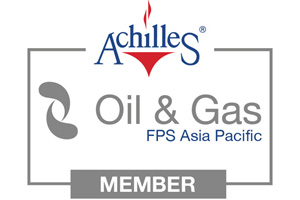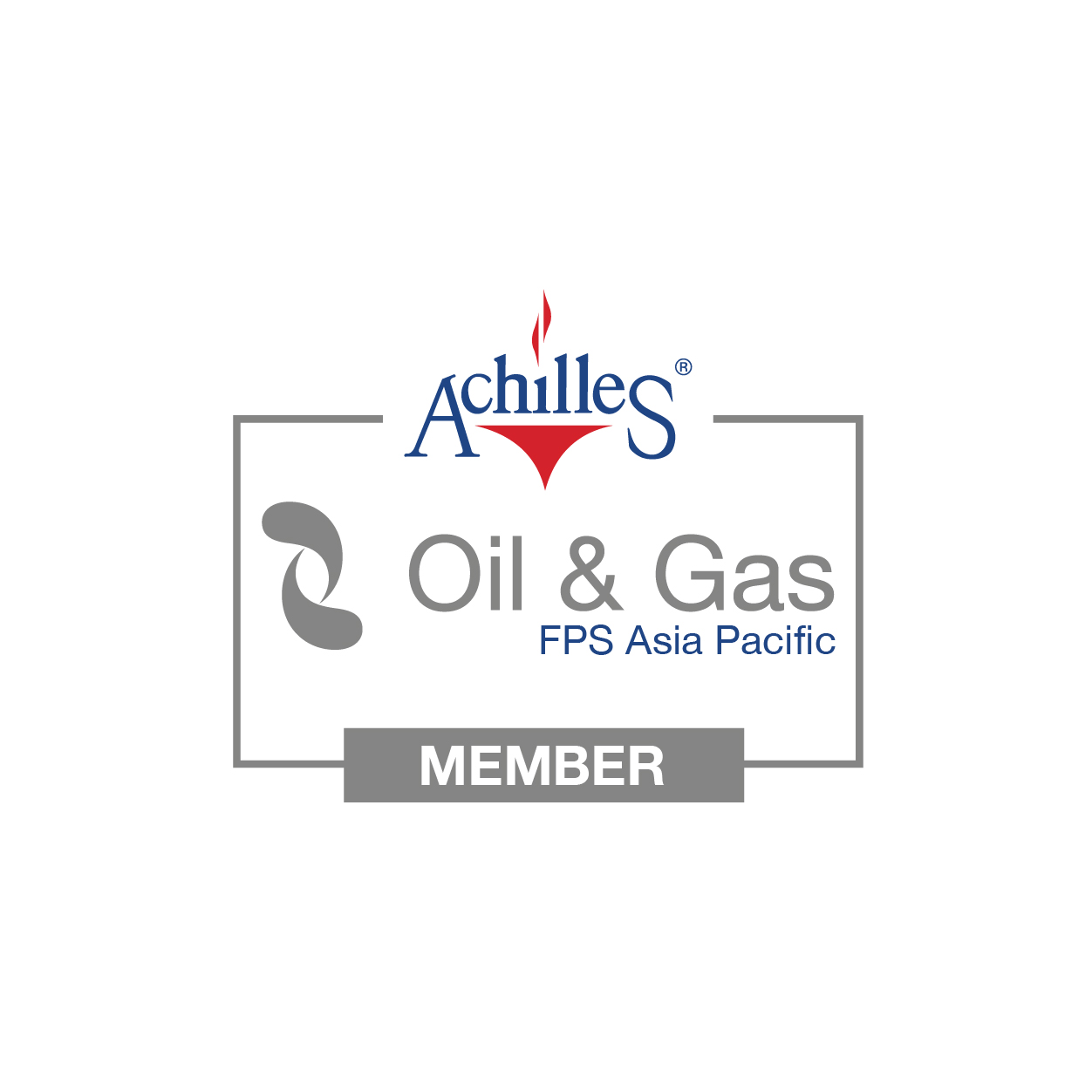You may not realise that sense of satisfaction when you flush the toilet and see the smooth flow of water down the drain until the moment when you flush and feel a sense of dread as you watch the water rise towards the top of the bowl. The instant moment of panic as you realise the toilet is clogged and will likely overflow at any moment. Clogged toilets can cause a lot of damage. This is something you already know. What you might not know, is that the type of toilet paper you are using may actually be the culprit!
While people may think about what is and is not OK to flush down the toilet, toilet paper surely makes every ‘ok’ list out there. What most people don’t know is that soft and thick varieties of toilet paper could create problems for your septic system because they don’t dissolve quickly. Of course, the amount of toilet paper should also be watched. Flushing excessive amounts of toilet paper at one time can also be major contributors to problems and clogs.
The good news here is that the fix is simple and within your control. Only flush small amounts of toilet paper at one time and research the type of toilet paper you use. What’s the best type of toilet paper to buy? Paper that is soft, strong, and most importantly for your septic system, dissolves quickly. There’s even a fun little test you can do at home to check the toilet paper you choose before you flush. Test the paper by soaking it in water for 30 minutes and see how much it breaks down. The more it breaks down the better.
Properly functioning septic systems are important for your home and can be expensive to fix or replace. Taking control when and where you can will help keep your septic system running smoothly for many years to come. Questions? Call Ri-Industries at 08 8444 8100 and we will be happy to help you.
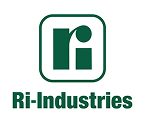
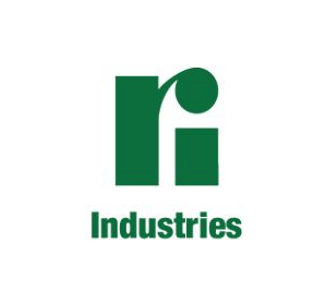
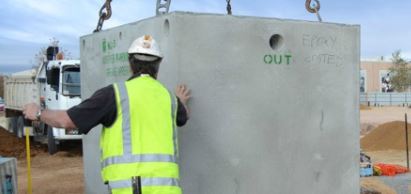


 Congratulations to Ivan Sayers for his recent promotion to Managing Director. Ivan began his journey with Ri-Industries in 2002 as Production Manager and became General Manager in 2012. We are excited for Ivan to take the helm as Managing Director and look forward to following his lead as we bring additional value to our community.
Congratulations to Ivan Sayers for his recent promotion to Managing Director. Ivan began his journey with Ri-Industries in 2002 as Production Manager and became General Manager in 2012. We are excited for Ivan to take the helm as Managing Director and look forward to following his lead as we bring additional value to our community.